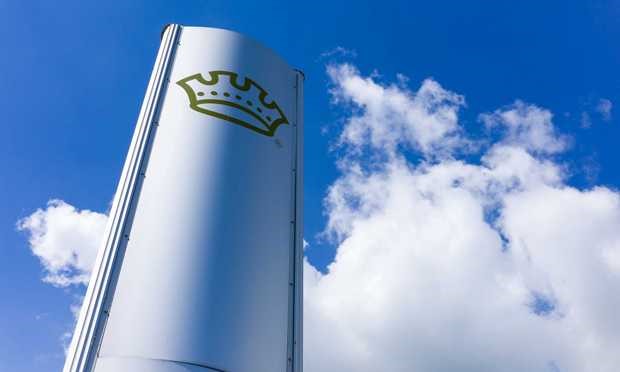Crown Holdings and IAI uphold sustainable practices promoting the importance of aluminium cans recycling
According to a recent study by Crown Holdings, implementing enhanced beverage can recycling practices in six nations can significantly mitigate global carbon dioxide (CO2) emissions by as much as 60 million metric tonnes by 2030. The possibility of a lower carbon footprint for the beverage can complement the format's sustainability qualities of unlimited recyclability, high recycled content, and quick recycling turnaround time.

The report, which was conducted by Roland Berger, a third-party global management consultancy, in collaboration with the International Aluminium Institute (IAI), presents a comprehensive analysis of 20 strategies, both short-term and long-term, aimed at enhancing recycling systems and augmenting the rates of beverage can recycling in various countries. Notably, the report focuses on four specific markets, namely Vietnam, Thailand, Cambodia, and the UAE, where Crown, the company under consideration, operates.
Marlen Bertram, director of scenarios and forecasts at IAI, said, "The carbon reduction potential of recycling cannot be underestimated; recycling has a huge role to play in the overall decarbonization of the aluminum industry, because recycling currently emits 0.6 metric tons of CO2e per metric ton compared to 16.6 metric tons of CO2e per metric ton for primary aluminum."
These developments are necessary to keep up with increased worldwide beverage consumption, which is expected to climb by 50 per cent between 2020 and 2030 and will likely increase the volume of used beverage cans (UBCs) by roughly three million metric tonnes per year during the same time.
Stronger global recycling systems can help ensure that additional aluminium volume is recycled rather than dumped—an essential measure for keeping valuable materials in a closed loop, preserving natural resources and reducing the energy consumption and emissions levels associated with raw material production.
“The superior recyclability of aluminum beverage cans continues to inspire us to raise awareness and build infrastructure for a stronger recovery rate across the globe. Through conducting this new study with the International Aluminium Association and Roland Berger, we have identified effective levers in four key markets for Crown that all actors within the aluminum supply chain can and should take responsibility to action. To utilise these avenues and advance progress, we are hopeful the governments in each of these regions will recognise the critical role they play in establishing proper policy frameworks. It is imperative we have legislative support to reach our goals to reduce our carbon footprint through higher usage of recycled aluminum, both in the immediate time frame and long-term,” added Sandrine Duquerroy-Delesalle, director, sustainability & external affairs, Crown.
This news is also available on our App 'AlCircle News' Android | iOS
_0_0.gif)














.png/0/0)







